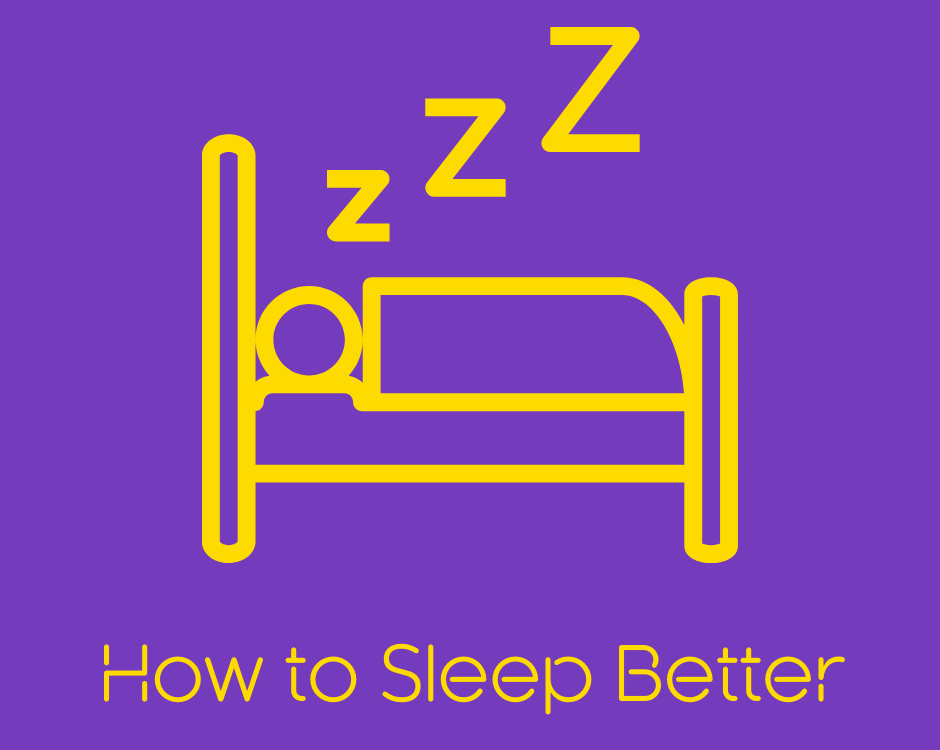How to sleep better
Posted on Oct 26

It might seem obvious, but if you are tired a lot of the time, you probably need more sleep! Creating a simple routine helps you sleep better and benefits your overall health.
Not getting enough sleep can contribute to being less alert, a lack of concentration and psychomotor function, plus insufficient sleep is associated with hormonal changes that can lead to increased appetite and weight gain. Additionally, there is evidence that it can reduce your immune system, leading to an increased chance of infection.
The good news is developing a healthy sleep routine can take just a few weeks, resulting in long-lasting health benefits. You may also notice an increase in your physical performance due to improved recovery during sleep, and people watching their weight may find adequate sleep helps them lose weight.
Keep to a set bedtime
It’s best to go to bed and wake up at about the same time every day. Fluctuating sleep and wake times can wreak havoc on your body and throw off your sleep quality. The ideal time to go to sleep is between 10 and 11pm, as it may promote more slow-wave sleep, which is the deeply restorative stage of sleep. If you've had a tough workout, this is especially relevant, as it can enhance your recovery. If your schedule isn’t the same each day, if you work shifts for example, setting a consistent time for sleep may seem impossible. You should at least try to get an adequate amount of sleep. For adults, that means 6.5–8 hours of sleep.
Pre-bedtime
What you do before you go to bed can have an adverse effect on your sleep. Not smoking, drinking alcohol or caffeine, doing strenuous exercise and stopping mental activity in the hours leading up to bedtime is a good idea. For those who prefer to work out at night, try moving them to the late afternoon. This can be beneficial when it comes to sleep. Here's the science bit.....Our bodies are regulated by both the sleep/wake homeostasis and the circadian biological clock. That biological clock is what causes us to feel periods of sleepiness and wakefulness throughout the day. In the afternoon, this dip most often occurs between 1 and 3pm so working out after that window can help you feel re-energized.
Ditch your tech
This may be the hardest step for you to follow, however, limiting your exposure to technology and keeping it out of the bedroom, will help you sleep better. Best case scenario: Do your bathroom routine and then read non work-related material in low light, ideally not in bed. If nothing else, avoid blue light from your smartphone, tablet or computer 1–2 hours before bed. Reading a book is best — yes, those still exist! Doing so out of bed is even better. Limiting your activities in bed throughout the day can help signal to your brain that when you get into bed it is time to sleep and not just to relax.